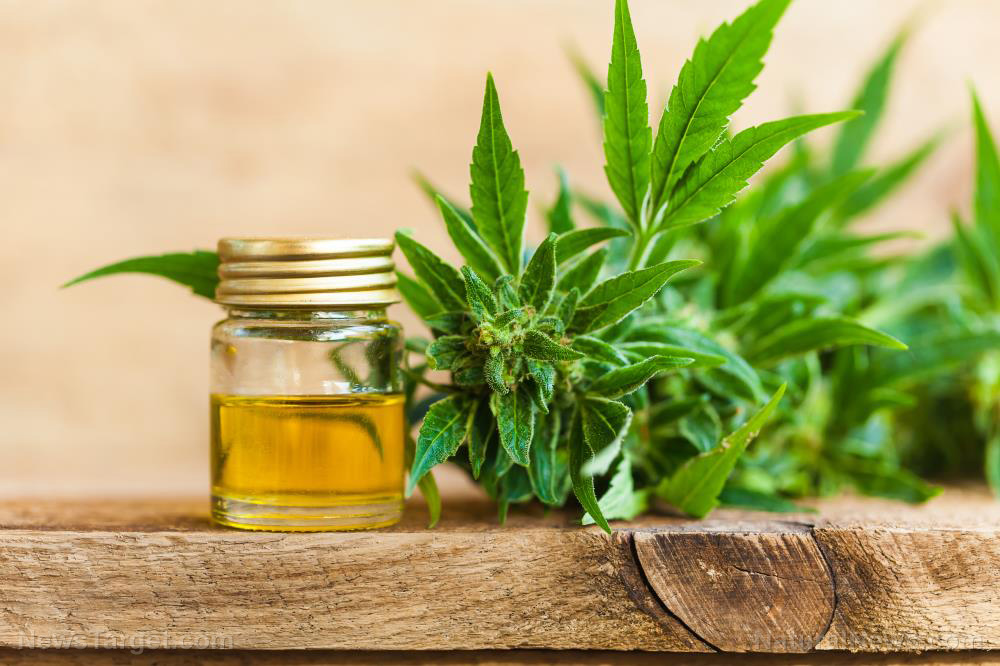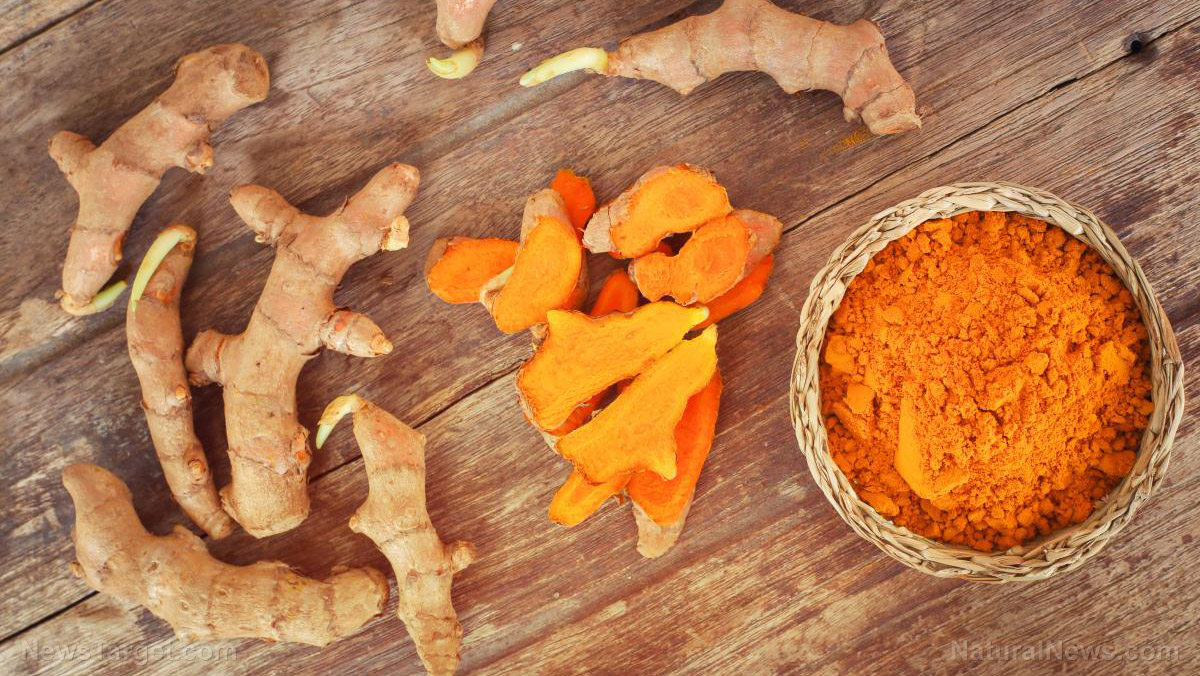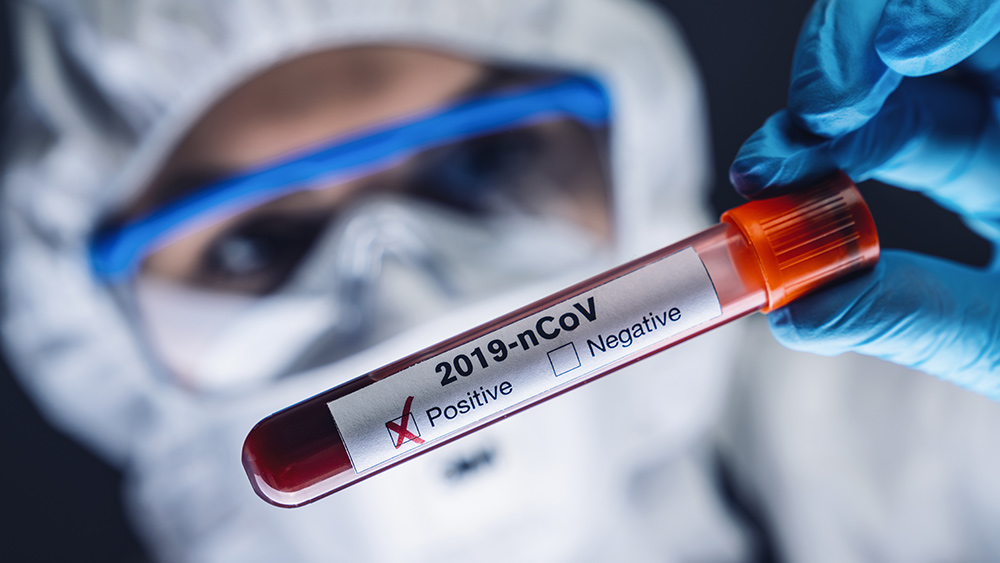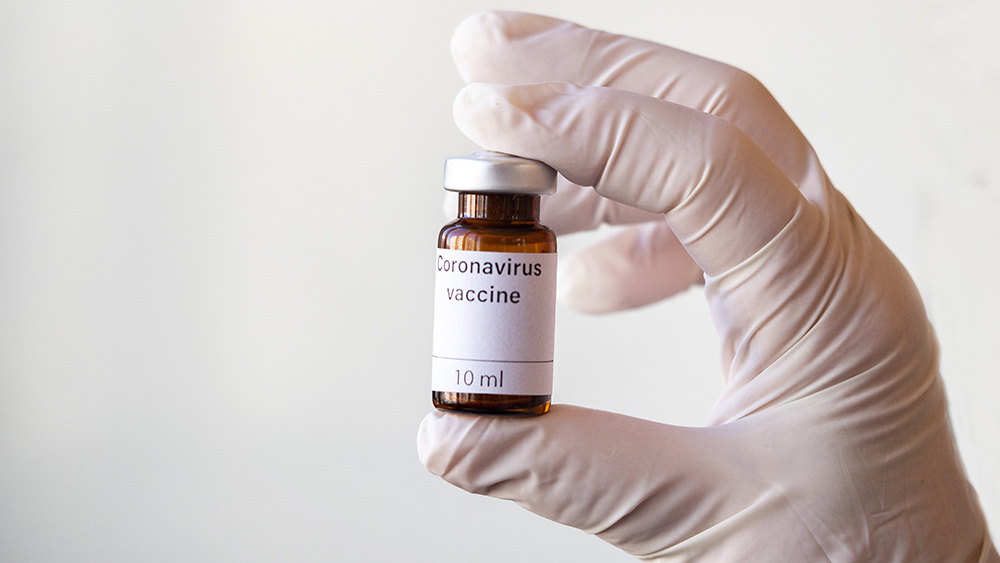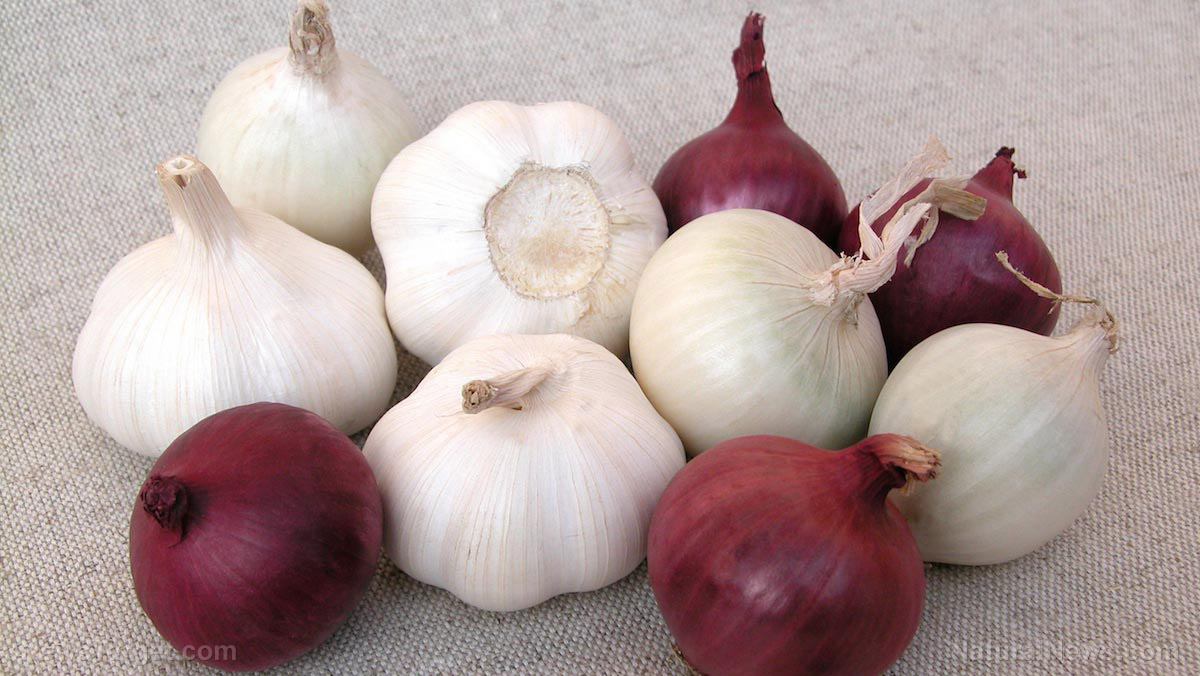Researchers explore the health benefits of African plants and spices
07/24/2020 / By Evangelyn Rodriguez
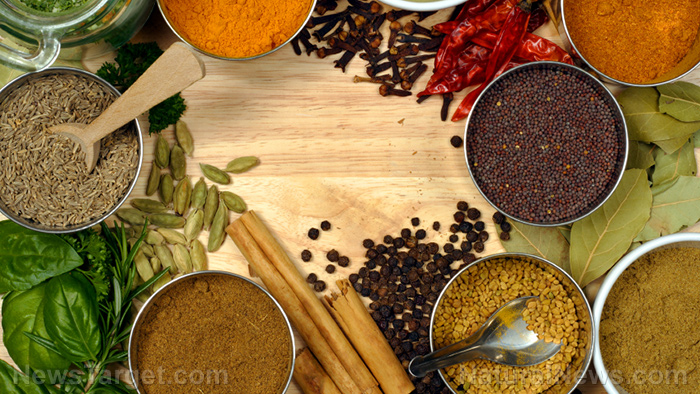
According to studies, up to 80 percent of people in developing countries use complementary and alternative medicines (CAMs). In fact, CAMs are the most widespread sources of medicine worldwide.
When it comes to treating bacterial and fungal skin infections, essential oils are the CAMs of choice. Known for their potent antimicrobial and antioxidant properties, some essential oils are applied topically to address skin infections. They are also used as ingredients for topical ointments or creams and other skincare products.
Some plants native to Africa possess powerful antimicrobial properties. For instance, common spices in Cameroon have shown anti-parasitic, antibacterial and anti-fungal activities in several studies. However, these biological properties, while documented, remain poorly explored. Very little data also exists on the potential applications of these plants’ essential oils. (Related: Scientists identify components responsible for the antioxidant and antimicrobial properties of pine essential oils.)
To address this, researchers at the University of Dschang in Cameroon decided to examine the chemical composition and in vitro antimicrobial activities of essential oils extracted from the seeds of four native Cameroonian spices. These spices include Aframomum citratum (alligator pepper), Aframomum daniellii (African cardamom), Piper capense (wild pepper) and Monodora myristica (calabash nutmeg).
The researchers reported their findings in an article published in the Journal of Medicinal Plants Research.
Essential oils of Cameroonian spices and their antimicrobial components
Using hydrodistillation, the researchers extracted essential oils from the seeds of alligator pepper, African cardamom, wild pepper and calabash nutmeg. Each of these spices have a history of use as traditional herbal medicines.
Alligator pepper is a known aphrodisiac and natural remedy for bacterial infections, malaria and certain cancers. African cardamom, aside from being a natural food additive, is used as a laxative, an anthelmintic, and an antibacterial and anti-fungal agent. It is also a natural treatment for malaria, dysentery, dysmenorrhea, infertility, rubella, leprosy and cancer.
Meanwhile, wild pepper or long black pepper is used to treat bacterial infections and digestive issues, such as indigestion, flatulence and colic. It is also used as a natural medicine for heart and kidney problems, polio, epilepsy and venereal diseases. Calabash nutmeg seeds are used to treat constipation, uterine hemorrhage, microbial infections and fever.
The researchers analyzed the chemical composition of these four spices’ essential oils using gas chromatography and mass spectrometry. They also determined the minimum inhibitory concentration (MIC) and minimum microbicidal concentration (MMC) of each essential oil using broth microdilution method.
Finally, they evaluated the therapeutic effect of a cosmetic cream based on alligator pepper essential oil against dermatosis (skin disease) induced by methicillin-resistant Staphylococcus aureus (MRSA) infection in rats.
The researchers reported that the main active component of alligator pepper essential oil is geraniol. Besides being a natural antioxidant, geraniol is also a natural anti-cancer and antibacterial agent.
African cardamom essential oil contains geraniol, eucalyptol and a-terpineol. While eucalyptol is an antimicrobial agent, a-terpineol is a natural antioxidant, anti-cancer and anti-hypertensive agent.
Wild pepper essential oil is rich in antimicrobial compounds, such as a-pinene, B-pinene, germacrene D, trans-B-caryophyllene, sabinene and naphthalene.
Calabash nutmeg essential oil, meanwhile, contains a-phellandrene, germacradienol and d-cadinene, all of which also have antimicrobial properties.
The researchers reported that alligator pepper essential oil showed the highest antimicrobial activity against bacteria and fungi, followed by the essential oils of African cardamom, wild pepper and calabash nutmeg.
Against MRSA and Escherichia coli, alligator pepper essential oil had an MIC of 8 mcg/mL and higher antibacterial activity than amoxicillin (128 – 256 mcg/mL). When used in combination, both African cardamom essential oil and alligator pepper essential oil (1:1) displayed a synergistic antimicrobial effect.
Meanwhile, a cream based alligator pepper essential oil (5 percent) and Baneocin (reference drug) effectively eliminated MRSA-induced dermatosis in rats after two weeks of treatment.
Based on these findings, the researchers concluded that the essential oils of Cameroonian spices possess antimicrobial activities, which they owe to the individual or synergistic effects of their phytochemical components.
Discover other plant-based antimicrobial agents at NaturalAntibiotics.news.
Sources include:
Journals.SagePub.com [PDF]
Tagged Under: alternative medicine, Antimicrobial, Cameroonian spices, essential oils, food cures, food is medicine, functional foods, microbial infections, natural antibiotics, natural cures, natural medicine, remedies, research


